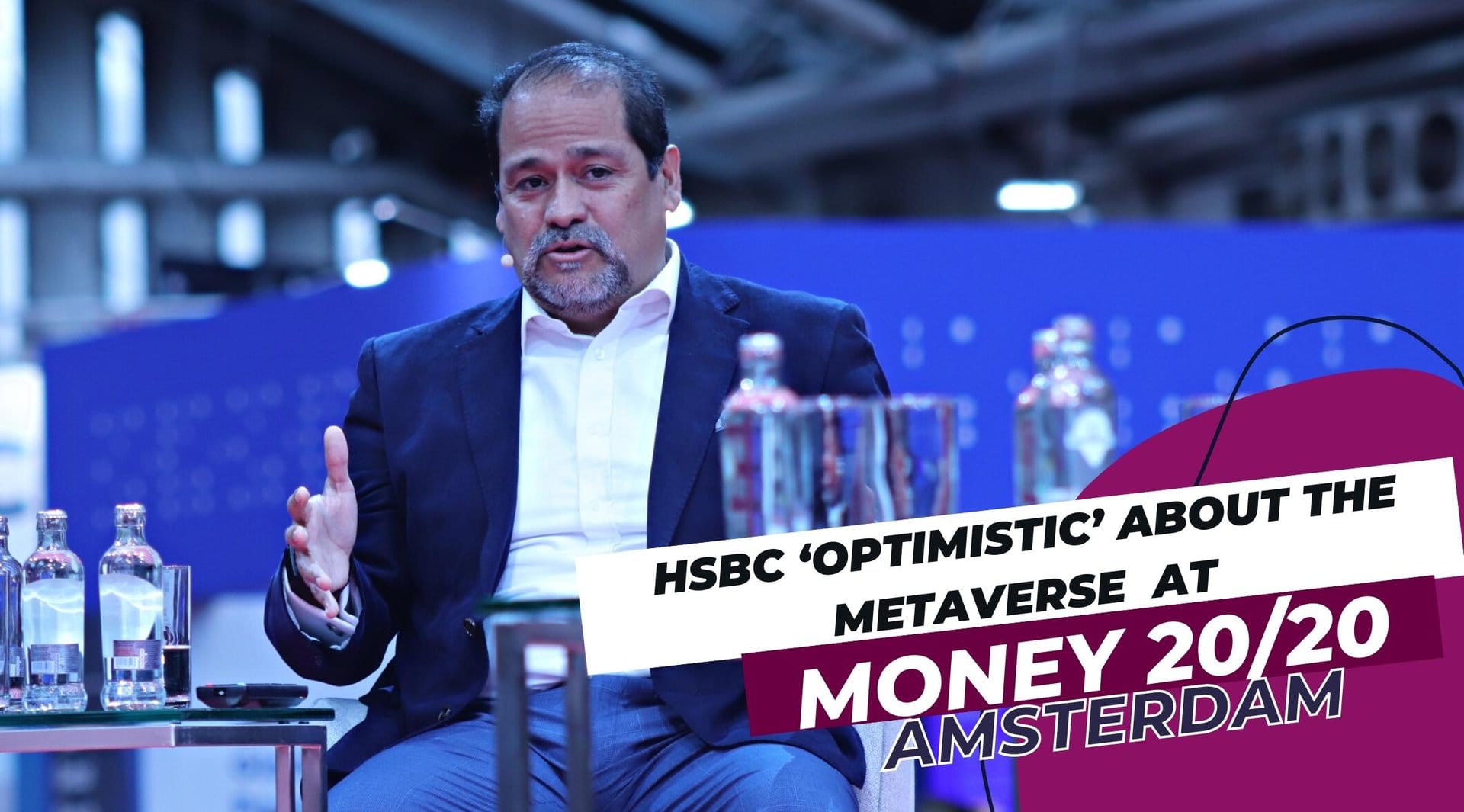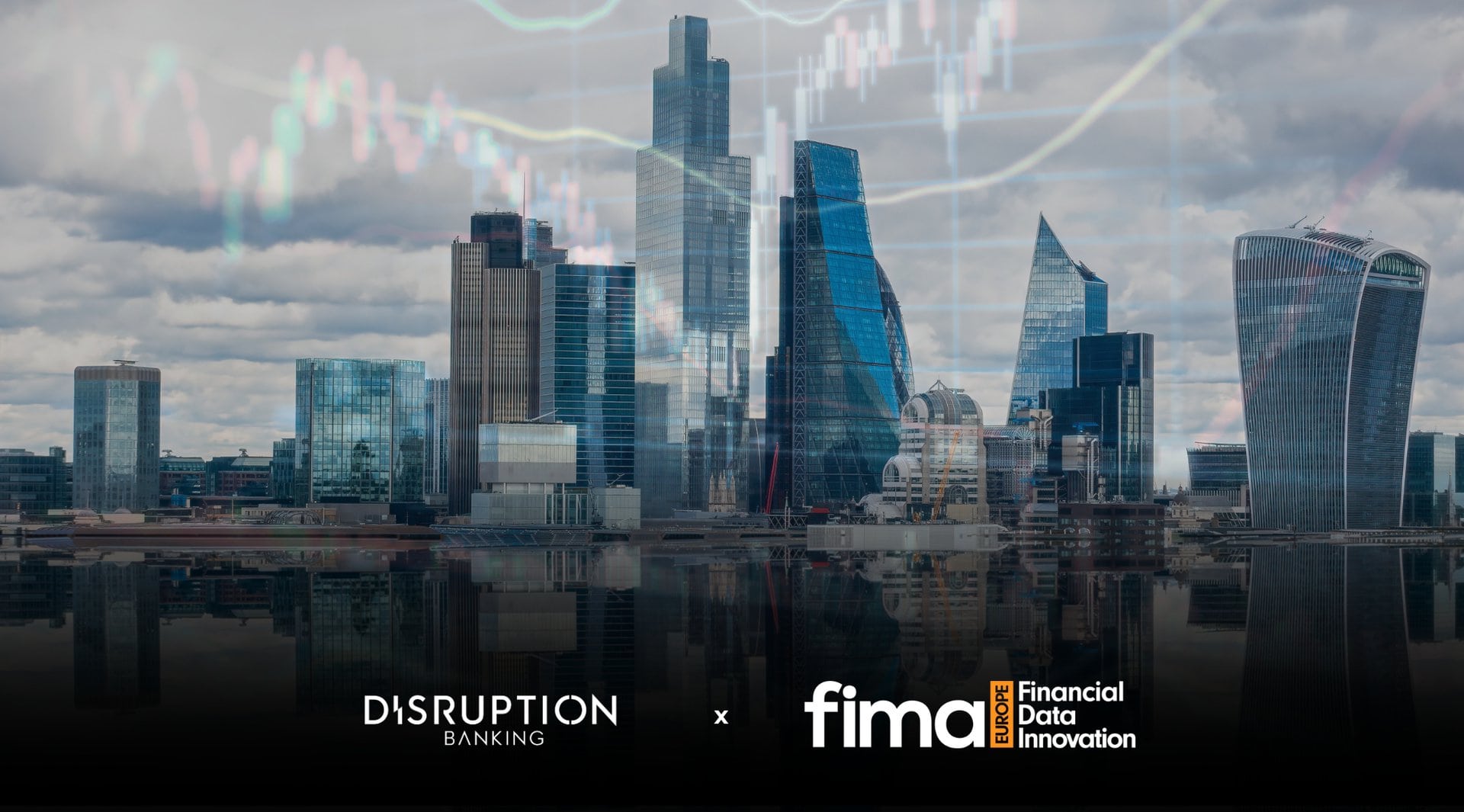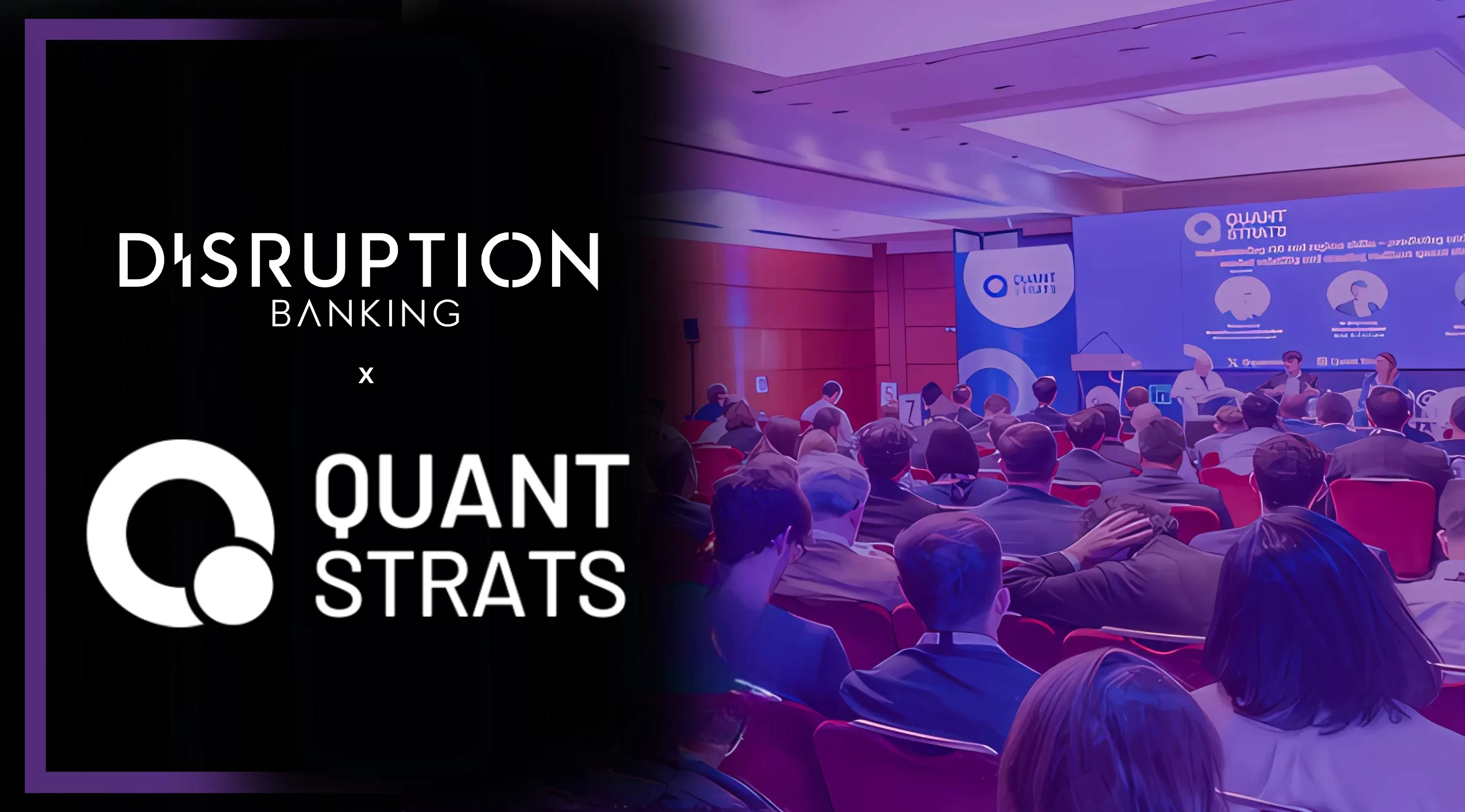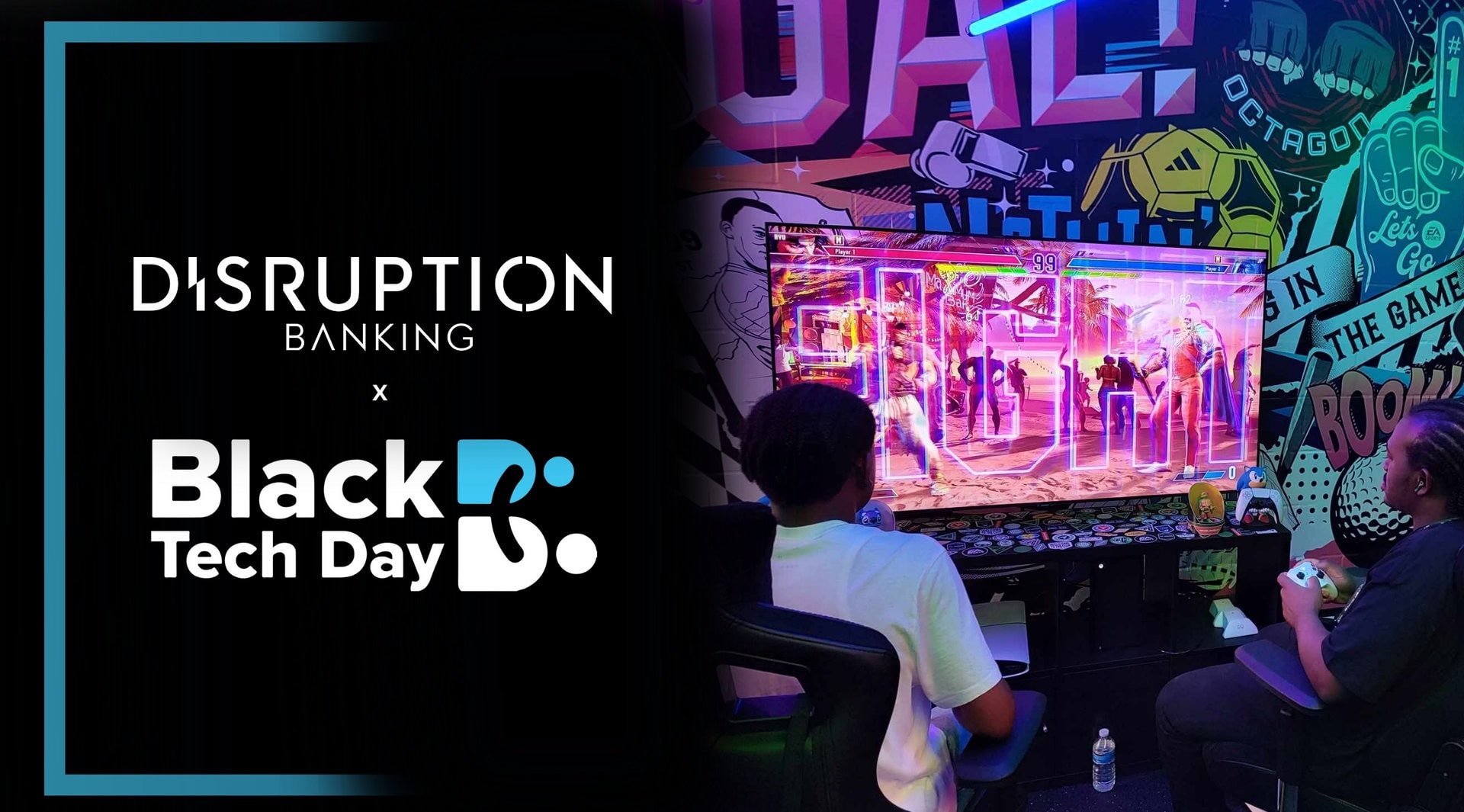At this morning’s session of Money 20/20 in Amsterdam, HSBC’s Head of Innovation, Global Functions, Steve Suarez, appeared on a panel to discuss the economy of the metaverse. While recognising some of the challenges global banks such as HSBC are facing when working with this new technology, he expressed considerable optimism about the social and economic benefits the metaverse might offer. HSBC has been one of the first major banks to begin offering metaverse-linked financial products, recently launching this portfolio in its Asian business:
HSBC has launched a fund to capture investment opportunities in the metaverse for its rich clients in Hong Kong and Singapore as financial services companies tap into Silicon Valley's new virtual reality https://t.co/tH8ePYKTDm pic.twitter.com/rd2PLzKqdi
— Reuters (@Reuters) April 6, 2022
Suarez began by emphasising some big numbers. According to him, the metaverse market could be worth up to $800 billion by 2024. The revenue and monetisation of the metaverse could see its overall value reach as high as $8 trillion dollars. “People have already bought 30 million headsets [for virtual reality products], and that number is going to grow as the technology is going to get a lot better to drive it forward,” Suarez added.
“When you’re talking about numbers like $800 billion or $1 trillion, is that really a market you want to ignore?” Suarez asked. “No, obviously not. The digital world is here. The important part is how do you take advantage of it? How do you support people? With this technology a lot of people like to go for the worst-case scenario. But I’m more of an optimist – I like to say: how do we use this technology for social good?”
While this market is very new, and in the very early stages of its development, Suarez shared that many of HSBC’s “external customers” are already spending money in the metaverse. “They’re buying digital assets, they’re looking for places to park those assets, they’re working out how to display those assets.” There are even clients who wish to start businesses in the metaverse and are approaching HSBC for metaverse-linked personal or business loans. According to Suarez, there’s already “a lot of opportunity” out there.
Life, the metaverse and everything: a quick guide https://t.co/QlQS8U7uSz | opinion
— Financial Times (@FT) November 12, 2021
For regular consumers and entrepreneurs to take full advantage of the metaverse, Suarez believes that education is key. “You need to educate yourself on it – you may not like it, but at least understand it,” Suarez said. “If you want to have a good understanding and an opinion, get into the technology and try it out.” He noted that he did this himself “back in the day” when there was a lot of hype surrounding NFTs:
“I learned how to create an NFT because everybody was talking about them. And I finally went in there, created it, done it and build some of my own,” he said. As a result, “I could get above some of the hype, because I saw the problems and how clumsy it was [in the early stages].”
Indeed, while remaining optimistic and bullish about the metaverse throughout, Suarez accepted there remain challenges – which is perhaps inevitable at such an early stage. “In the metaverse, it’s the same as with NFTs. It’s in the early stages, there’s clumsiness, and things not working well. But the technology will evolve, it will get better and engagement will get much higher,” Suarez predicted.
Another potential problem with the metaverse that’s been frequently discussed is cyberbullying. Some are concerned that the merging of the virtual and physical worlds will mean that abuse and intimidation will become inescapable.
I'll say it…
— Christina Farr (@chrissyfarr) March 7, 2022
The dark side to the Metaverse isn't discussed enough. Legit terrified about this as a parent. Feels like escapism + high potential for online bullying.
Plus whatever Meta/Facebook bets on historically has had unintended consequences. https://t.co/yUT7BHfP8p
Suarez, however, believes that developing technology is reducing this risk. When somebody is infringing or bothering you now, you can actually push a button and record the whole conversation, and then submit it to the platform so they can see it – and you have proof.” He stated that cyberbullying is not unique to the metaverse, which is simply “another platform” for it to take place. However, he emphasised that “we need to monitor it and see how we stay on top of it.” He is optimistic that as technology improves and regulation catches up, the industry will be able to manage these risks and harness the technology’s potential.
When posed the final question, asking how far he sees the metaverse going, Suarez said “that’s like asking me how long a piece of string is – honestly we don’t know. But part of it is getting in there and trying to identify [how big the opportunities are].” He’s certainly optimistic, however, that we are on the verge of seeing a “convergence between digital currencies, Web 3.0, AI, machine learning and the metaverse – it’s all coming together. And it’s an incredibly powerful tool.” As HSBC and other global banks continue to invest in metaverse innovation, it will certainly be fascinating to see how the technology develops in the coming years.
Author: Harry Clynch
#Money2020EU #Metaverse #HSBC #Web3 #AI #MachineLearning #Technology















